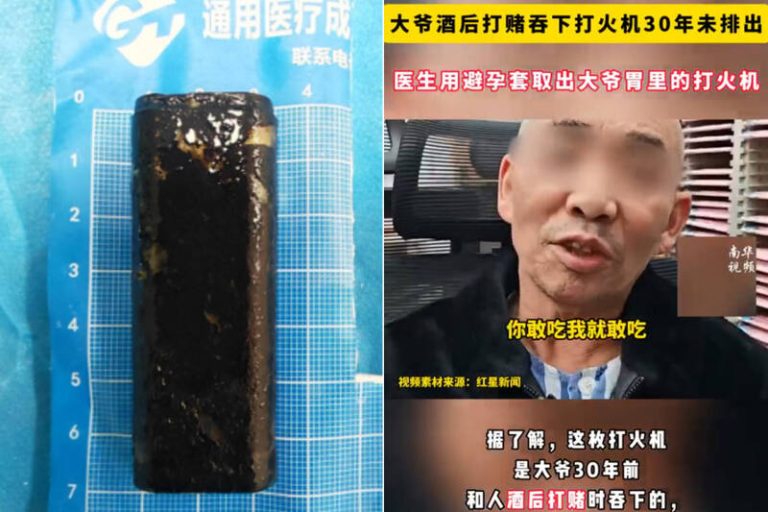These days, the world is going crazy over smartphones, but in Japan, people who engage in extramarital relations remain faithful to a seemingly outdated mobile phone which does a great job of keeping their affairs private. It’s even been nicknamed the “uwaki keitai” or “infidelity phone”.
The Fujitsu “F-Series” flip-phones are not coolest-looking or most feature-full mobiles you can buy in Japan, but they remain very popular thanks to some very efficient stealth privacy features that help people cheat on their partners without being caught. According to a recent article by the Wall Street Journal, not even the latest smartphones come close to the aging Fujitsu, when it comes to keeping their private business private. Apparently, the F-Series “private mode” is a layer of invisible security that does a perfect job of hiding incoming calls and messages from contacts marked as private. The only visible signal that lets users know they’ve been contacted by one such contact is a subtle change in the color or shape of the battery or antenna icons. The changes are practically undetectable by the untrained eye, and even if someone might get suspicious, the private mode can only be turned off by a secret combination of keys, to make concealed calls, text messages and voice mail available.

Photo: Thinkstock
Bakanabe, a Japanese blogger who writes anonymously about picking up women recently tested out some smartphone alternatives, but ended up refurbishing his three-year-old mobile with a new case and battery, after he noticed nothing came close to it. “Women may want to check my phone for strange emails or calls when I’m not around. With Fujitsu’s ‘privacy mode,’ they can’t see that information at all,” he told WSJ in an email. “The key is to give off the impression that you’re not locking your phone at all.” Another blogger, Poza, who is currently juggling three girlfriends, tried switching to the iPhone, and using its stealth apps, but quickly went back to his F-Series, as well. “In terms of keeping my cheating hidden, this does more than enough,” he wrote in an email.

Fujitsu first introduced the privacy features in 2002, as part of strict security requirements for all phones carried by NTT DoCoMo Inc., Japan’s biggest carrier. After hearing stories of couples and families splitting up, and workers getting in trouble over leaving their mobile phones unguarded, Takeshi Natsuno, a senior DoCoMo executive at the time, insisted on more stringent security for the phones. “If Tiger Woods had this Japanese feature in his phone, he wouldn’t have gotten in trouble,” commented Nastuno, now a professor at Keio University’s Graduate School of Media and Governance. he was probably right, as a Tokyo-based consulting company who helps people find out if their partners are cheating, reveals overhalf of his 600 clients find evidence of cheating on their partners’ mobile phones.

Fujitsu promotes the security features of its phones, but has never acknowledged their usefulness at keeping cheating private, and refuses to comment on the infidelity phone nickname. These days, the company is trying to phase out its older models and promote its line of smartphones, but cheaters loyal to the brand’s private mode say the newer models are “totally useless”. The Japanese company says it will roll out more convenient and secure features in the future.

Photo: Crooz.jp
Unfortunately for cheaters in the Western world, the Fujitsu F-Series runs software created for the domestic market, and aren’t available outside Japan. Still, there is an alternative – CATE, or Call and Text Eraser, an app for Android phones that hides calls and messages from contacts added to a “blacklist”. These, as well as the app itself remain hidden until the used enters a secret code. After hearing about Fujitsu’s private mode feature, Neal Desai, the app’s creator said: “That’s more genius than my app.”













